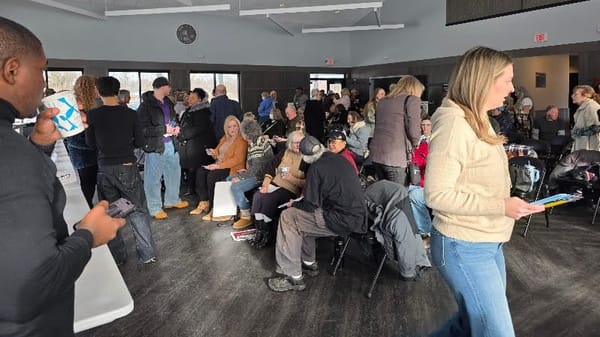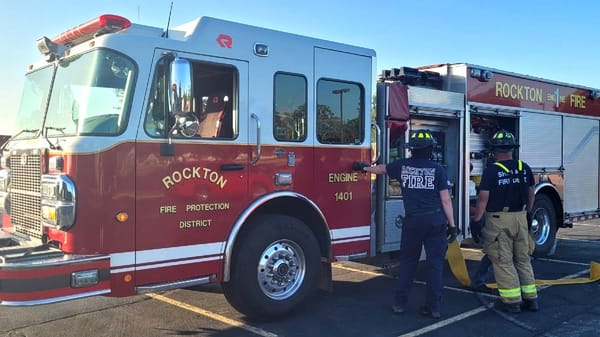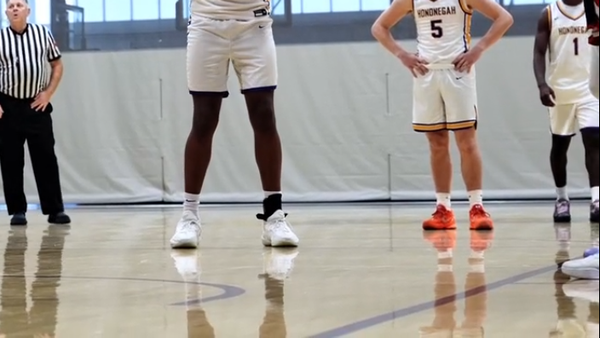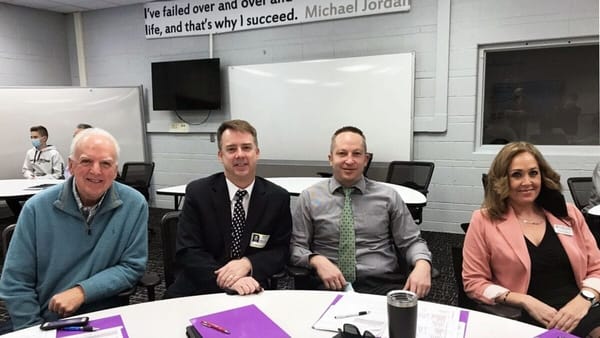Roscoe History: The Winnebago County Agricultural Society
In 1875, Roscoe citizens encouraged the board to uninvite Jefferson Davis from speaking at the Winnebago County Fair.
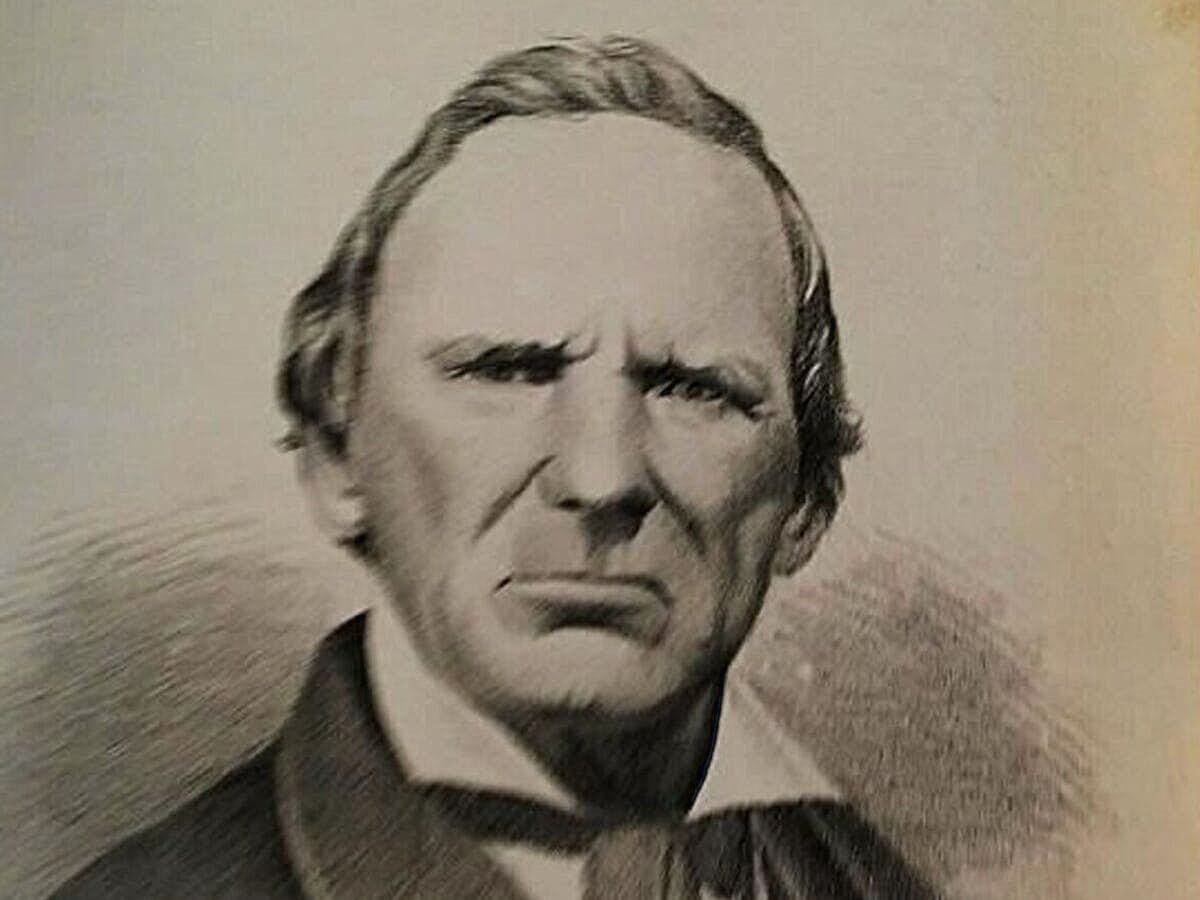
In August of 1840, more than 200 Winnebago County residents appointed a committee to draft a constitution for the Winnebago County Agricultural Society. Elected to the Board were:
- Dr. George Hakell, President
- Robert J. Cross from Roscoe, Vice President
- George W. Lee, Secretary
- Charles I. Horseman, Treasurer
And, 7 directors
These men were tasked with forming the first fair in Winnebago County. On August 13, 1841 the “Cattle Show and Fair” opened to the public. Participants could enter items to be judged, including their farms. Some of the categories prizes were awarded for included: Best cultivated farm of 20 acres or more, Best Stallion, Best Bull grown in the county, Best Boar, Best Buck, Best 25 pounds of butter, largest quantity of cocoons, Best Gallon of Molasses, Best Carrots and Best Prairie Farmer. The fair alternated between the east and west sides of Rockford each year.
However, the society disbanded after a number of years.
In February of 1853 another agricultural society formed and operated the fair on leased land until 1858 when they purchased their own land. The land, located on the west side of Rockford, Illinois became known as Agricultural Society Fairgrounds and in 1866 The Rockford Forest Citys Baseball Club began playing during the fair. They were one of the first professional baseball clubs. In 1890 the fairgrounds became known as Fairgrounds Park.
In 1875 the Winnebago County Agricultural Society became involved in a huge scandal that divided people from all over the state. A letter had been written to former President of the Confederacy, Jefferson Davis, inviting him to the fair to make a speech. People from all over the state wrote letters to the editor of the Rockford Weekly Gazette, many of which were published August 19, 1875 denouncing this decision. One letter signed by someone calling themselves, McHenry Plaindealer, wrote, “ We see by a special dispatch in the Chicago Journal that the traitor, Jeff. Davis, is to deliver the address at the Winnebago County Fair, Sept. 14. This may be alright, but in our opinion the citizens could offer no greater insult to the visitors at their fair, than to ask them to listen to this chief of traitors. Every loyal man should place his seal of condemnation upon this act of the officer of the Society, by refusing to attend the fair.”
The Agricultural Board held a meeting to address this issue. After some discussion, three of the board members voted against having Davis speak at the fair citing that due to the public denunciation of the former confederate president the fair would be ruined if he appeared. The other four members believed that it would be disastrous to the fair if he did not attend since the invite had already been sent out.
Just as the decision to allow him to speak at the fair was about to be read, a petition signed by nearly all of the prominent citizens of Roscoe was presented. The citizens of Roscoe encouraged the board to rescind their offer to Davis. The vote was further discussed and reconsidered but before they could take a formal vote, a telegram arrived. It read:
Memphis Tenn., Aug. 14
H.P Kimball, Esq. Rockford, Illinois
Dear Sir, Owing to unforeseen events, I must decline, unconditionally, your courteous invitation.
Yours very truly,
Jefferson Davis
Again, letters to the editor began pouring in. This time, from people who were outraged that Davis would not be attending.
One unsigned letter stated. “The G.A.R had a hand in driving away Jeff. Davis from the Rockford fair. The G.A.R is a sort of northern ku-klux, not brave enough to fight, but devoted to keeping up the animosities war in a sneaking, under-handed way. No brave federal soldier will have anything to do with this cowardly organization.”
By 1903 the fair had temporarily folded again. Over the next few years the fair would be held sporadically. In 1921 the people of Pecatonica began holding a fair that is today known as The Winnebago County Fair.
For more information on Roscoe history and its people, please visit roscoehistory.org or their Facebook pages, Roscoe Township Historical Society Group or Roscoe Township Historical Society.


